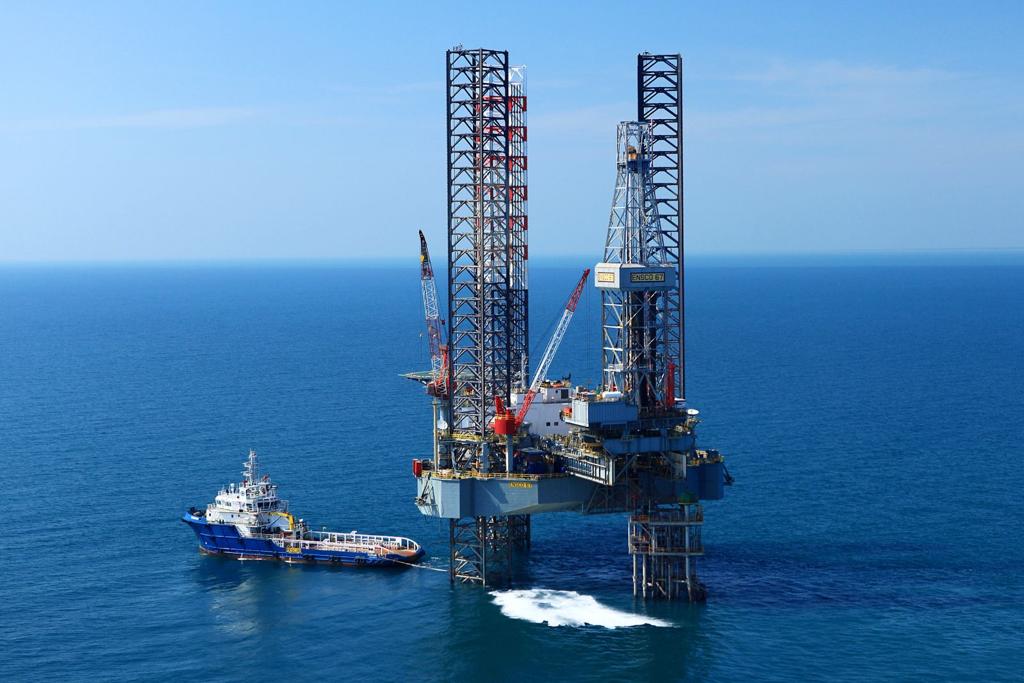Indonesia, as a rapidly developing nation, faces the dual challenge of sustaining economic growth while addressing environmental concerns. A significant contributor to global greenhouse gas emissions, the country is actively exploring solutions to mitigate its carbon footprint. One such promising approach is Carbon Capture and Storage (CCS), a technology that captures carbon dioxide (CO₂) emissions from industrial sources and stores them underground, preventing their release into the atmosphere. This article delves into the current state of CCS in Indonesia, recent collaborations to enhance its implementation, and the potential impact on the nation's environmental and economic landscape.
The Significance of Carbon Capture and Storage in Indonesia
Indonesia's reliance on fossil fuels for energy has led to substantial CO₂ emissions. Recognizing the urgency to address climate change, the country has identified CCS as a pivotal component of its strategy to reduce greenhouse gas emissions. The International Energy Agency (IEA) highlights that CCS can play a crucial role in decarbonizing industries, electricity generation, and fuel transformation sectors in Indonesia.
The nation's geological landscape offers significant potential for CO₂ storage. Pertamina, Indonesia's state-owned energy company, estimates that the country has a CO₂ storage capacity of up to 600 gigatons, which could accommodate emissions for approximately 482 years.
This vast capacity positions Indonesia favorably to implement large-scale CCS projects, contributing not only to domestic emission reductions but also to regional decarbonization efforts.Recent Collaborations and Developments
In a strategic move to bolster CCS initiatives, PT Pertamina Hulu Energi (PHE) has partnered with multinational institutions to enhance technical expertise and develop sustainable business models for carbon storage. This collaboration aims to align PHE's operations with global best practices, ensuring effective and efficient implementation of CCS technologies in Indonesia.
Dannif Utojo Danusaputro, PHE's Director of Finance and Investment, emphasized the importance of CCS in Indonesia's transition to cleaner energy. He stated, "We see CCS as a key part of the solution." Through this partnership, PHE seeks to leverage global expertise to develop solutions tailored to Indonesia's energy landscape, marking a significant step toward advancing CCS projects in the country.
Beyond PHE's initiatives, other major energy players are also investing in CCS projects in Indonesia. Notably, BP and its partners have approved a $7 billion gas project in Papua, which includes BP's first venture into carbon capture, utilization, and storage. This development is part of the existing Tangguh LNG project and aims to exploit the Ubadari field, with production expected to commence in 2028.
Challenges and Opportunities
While the potential for CCS in Indonesia is substantial, several challenges must be addressed to realize its full benefits. These include the need for robust policy support, technical expertise, and significant investments. The development of a comprehensive regulatory framework is crucial to facilitate the deployment of CCS technologies across various sectors.
The establishment of organizations like the Indonesia Carbon Capture and Storage Center (ICCSC) underscores the country's commitment to advancing CCS. ICCSC aims to pioneer the widespread implementation of CCS technology, advocating for accelerated development and positioning Indonesia as a CCS hub in the region.
Furthermore, Indonesia's strategic location in the Indo-Pacific enhances its potential to serve as a CCS hub for neighboring countries. The ICCSC is identifying potential CCS cluster locations near major emission sources, facilitating cross-border operations in transporting CO₂ among countries like Singapore, Malaysia, Timor Leste, and Australia.
Environmental and Economic Implications
The successful implementation of CCS projects in Indonesia could yield significant environmental benefits by substantially reducing CO₂ emissions from industrial sources. This aligns with global efforts to combat climate change and supports Indonesia's commitment to achieving net-zero emissions by 2060.
Economically, CCS presents opportunities for Indonesia to attract investments, create jobs, and enhance technological capabilities. The development of CCS infrastructure could stimulate growth in related industries, contributing to sustainable economic development. Additionally, by positioning itself as a regional CCS hub, Indonesia can offer storage solutions to neighboring countries, potentially generating revenue and strengthening regional cooperation in emission reduction efforts.
Conclusion
Carbon Capture and Storage stands as a promising solution in Indonesia's quest to balance economic growth with environmental sustainability. The nation's substantial CO₂ storage capacity, coupled with strategic collaborations and investments, underscores its commitment to reducing greenhouse gas emissions. However, realizing the full potential of CCS requires addressing challenges related to policy, investment, and technical expertise. With continued dedication and strategic planning, Indonesia is poised to play a pivotal role in regional and global efforts to combat climate change through the advancement of CCS technologies.
Read More






 Thursday, 05-03-26
Thursday, 05-03-26







